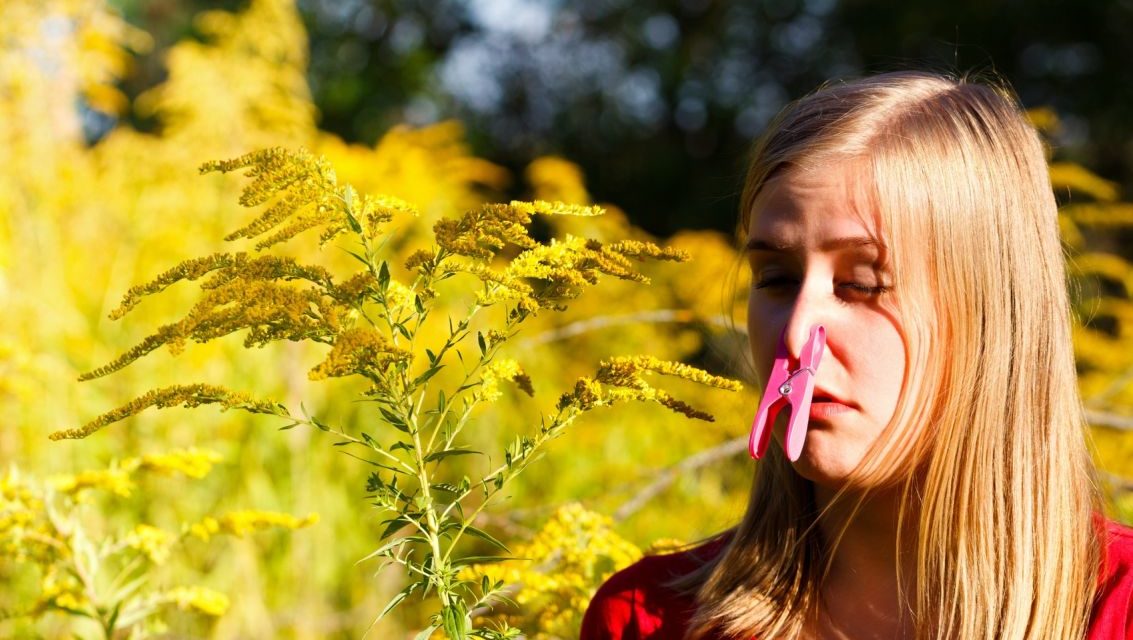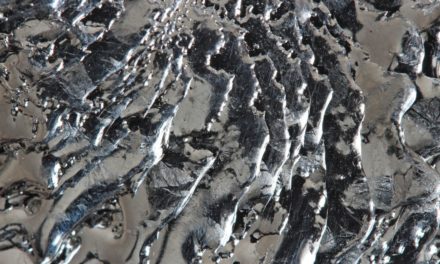Researchers surveyed over 2600 adults about diet and symptoms of asthma and hay fever. The subjects were also tested with skin tests measuring IgE antibodies for allergens including cat fur, grass pollen, and dust mites. Researchers found that increased dietary vitamin E intake was associated with lower serum IgE concentrations and a lower frequency of allergen sensitization. This according to research published in the Lancet (November 4, 2000; 356: 1573-1574).
Vitamin E is an antioxidant nutrient that protects from free radicals. Free radicals are like chemical “bullets” that can damage cells. Antioxidants are like chemical “bullet-proof vests.” Irritation from free radicals has been implicated in asthma.






